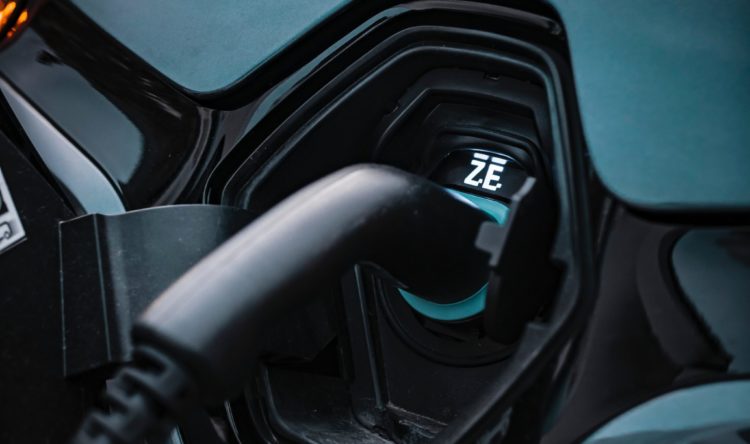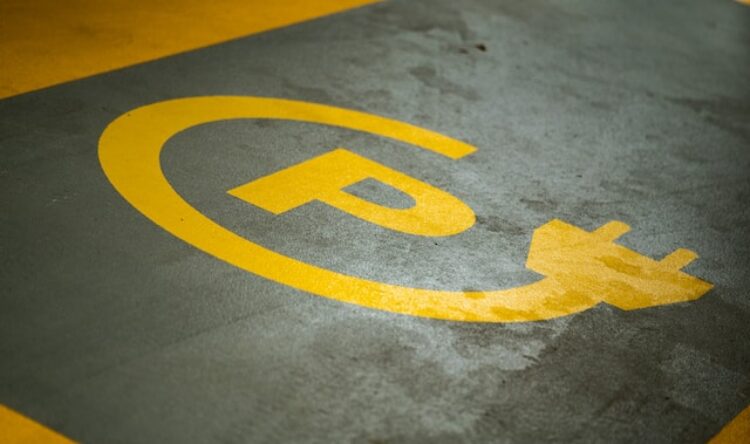Britain faces ‘waste battery mountain’ as electric car use surges
Britain faces a new waste crisis from a “battery mountain” caused by the growing use of electric cars, according to an academic study
Britain has a target to be net-zero emissions by 2050, and people are being encouraged to use electric vehicles to help towards this reduction in carbon emissions.
This growing electric car industry is causing some other issues though – namely how to deal with the battery wastage.
According to the Telegraph, researchers have calculated that the one million electric cars sold in 2017 alone will produce 250,000 metric tons, or half a million cubic metres, of unprocessed battery pack waste when they reach the end of their lives in seven to ten years’ time, enough to fill 67 Olympic swimming pools.
Although at the moment the one million EV sold only make up 1.3% of annual worldwide sales, this number is likely to significantly increase, as the emissions target draws ever nearer.
“The researchers say landfill is not an option for waste lithium batteries which are flammable and could release toxic chemicals such as cobalt, nickel and magnesium into the environment.”
Professor Andrew Abbott, of Leicester University said “Finding ways to recycle EV batteries will not only avoid a huge burden on landfill, it will also help us secure the supply of critical materials, such as cobalt and lithium, that surely hold the key to a sustainable automotive industry.”
One option could be to use batteries that are no longer powerful enough for a car to do less demanding tasks such as store electricity from wind turbines and solar farms.
For more information on this, please visit the Telegraph here.




